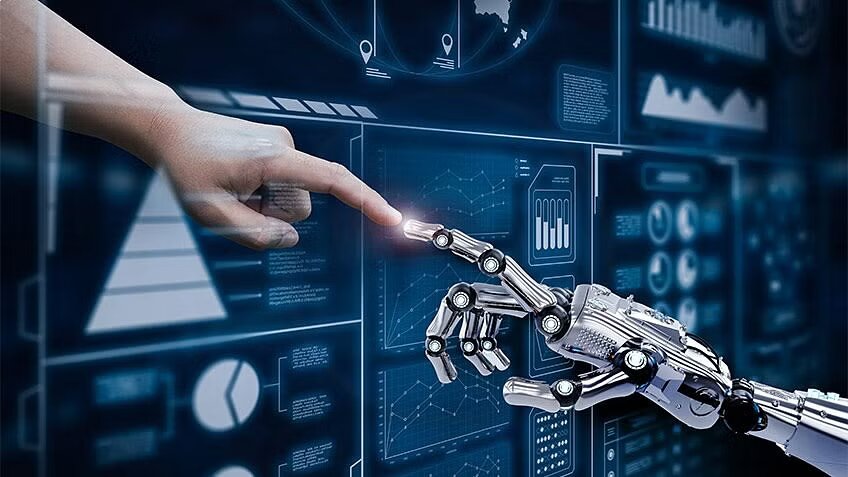In the midst of rapid technological advancements, the integration of Artificial Intelligence (AI) into various industries has sparked both enthusiasm and concern. Deep learning, with its ability to automate tasks, streamline processes, and make complex decisions, undoubtedly brings transformative potential. However, its implications on the job market and the future workforce raise important questions about the evolving nature of employment.
The Evolution of Work in the Age of AI
AI’s integration into the workforce isn’t a new concept. Automation has historically displaced certain jobs while creating new ones. The industrial revolution, for instance, saw the advent of machines that revolutionized manufacturing, altering job landscapes but ultimately leading to the creation of new roles in operating and managing these machines.
Similarly, AI is augmenting and, in some cases, replacing specific job functions. Repetitive, rule-based tasks in manufacturing, customer service, data analysis, and administrative roles are increasingly being automated, allowing humans to focus on higher-value, creative, and strategic work. This transition is reshaping the skills required in the job market.
Impact on Employment
The impact of AI on employment is multifaceted. While it automates routine tasks, it simultaneously creates demand for skills in AI development, maintenance, and oversight. Jobs requiring emotional intelligence, critical thinking, problem-solving, and adaptability become more prominent as they are less susceptible to automation.
However, this shift isn’t without challenges. Certain sectors may face job displacement, leading to unemployment or the need for retraining and upskilling. It’s crucial to address this potential gap by investing in education and training programs that prepare individuals for the changing job landscape.
Opportunities and Challenges
AI presents numerous opportunities. It enhances productivity, enables innovation, and creates new markets and job opportunities. Its application in healthcare improves diagnostics and treatment, while in finance, it enhances risk assessment and fraud detection. Moreover, AI can assist in tasks that are dangerous or tedious for humans, improving workplace safety and efficiency.
Yet, challenges persist. Ethical considerations, biases in AI algorithms, data privacy concerns, and the concentration of power in the hands of a few tech giants are pressing issues. Moreover, the digital divide might exacerbate socioeconomic disparities if access to AI-related education and resources remains unequal.
Preparing for the Future
Adapting to the changing landscape requires proactive measures. Governments, educational institutions, and industries must collaborate to foster a workforce equipped with AI-related skills. Lifelong learning programs, reskilling initiatives, and flexible education models can help individuals stay relevant in the job market.
Moreover, promoting diversity in AI development can mitigate biases, ensuring fair and inclusive technology. Policies focusing on job transition support, social safety nets, and ethical guidelines for AI implementation are essential for a smooth transition.
AI’s impact on employment is undeniable. It’s transforming the way we work, creating opportunities, and posing challenges. Embracing this technological revolution while addressing its implications on jobs is crucial. With a collaborative effort to nurture skills, ensure inclusivity, and navigate ethical considerations, we can shape a future where AI augments human capabilities, creating a workforce that thrives in the age of automation.
